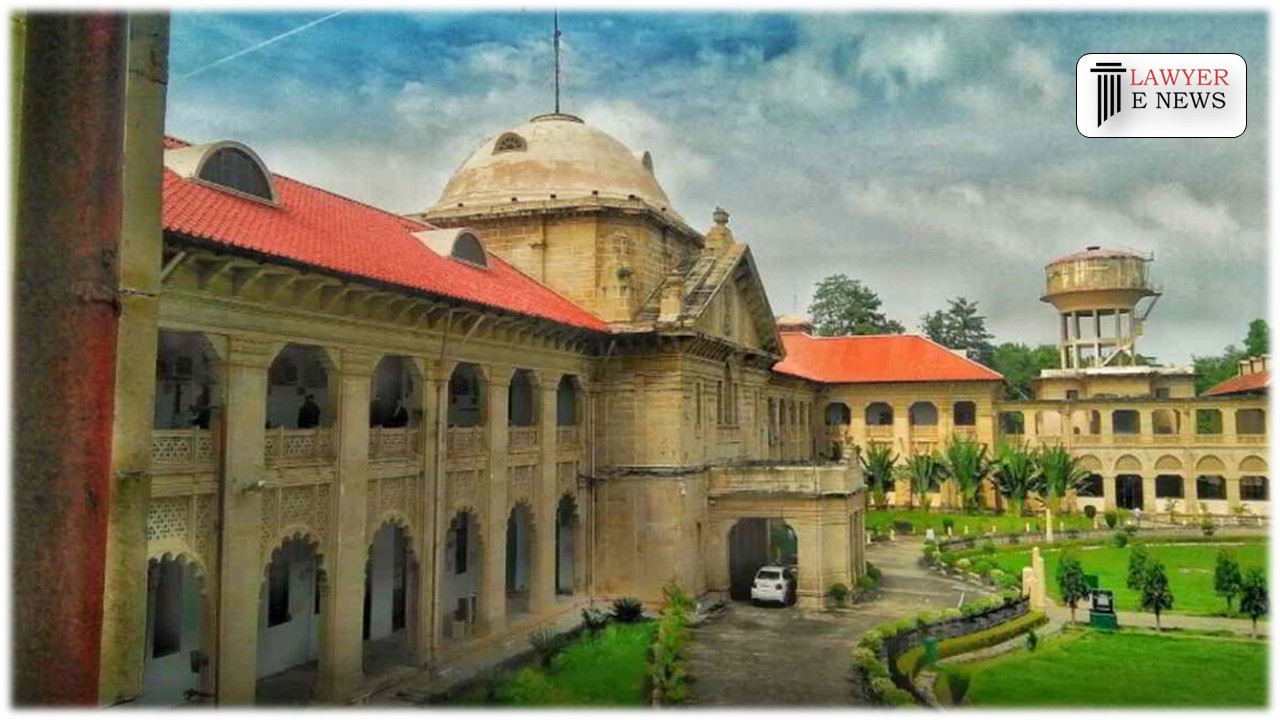-
by Admin
16 February 2026 4:21 AM



Allahabad, March 2024: In a significant ruling, the Allahabad High Court has clarified that a compromise reached in proceedings under Section 125 of the Criminal Procedure Code (Cr.P.C.) does not legally dissolve a marriage governed by the Hindu Marriage Act, 1955. The decision, delivered by the bench of Justices Ashwani Kumar Mishra and Syed Qamar Hasan Rizvi, has significant implications for family pension claims and the sanctity of marriage dissolution.
Legal Point of the Judgement: The court examined the legal framework surrounding the dissolution of a Hindu marriage and the subsequent implications for family pension claims. The key issue was whether a marriage under the Hindu Marriage Act could be dissolved through a compromise in a Section 125 Cr.P.C. proceeding, and what impact this would have on the rights to a family pension of a deceased government employee's spouse.
Facts and Issues: The case involved Rajni Rani, the later wife of a deceased government employee, Bhojraj Singh, who appealed against the dismissal of her writ petition for a family pension claim. The petitioner argued that Bhojraj Singh's first marriage to Usha Devi was dissolved via a compromise in a Section 125 Cr.P.C. proceeding, thus entitling her to the family pension. However, Usha Devi contested this claim, asserting that her marriage with Singh was never legally dissolved.
Court Assessment: The High Court meticulously assessed the legal provisions governing marriage dissolution under the Hindu Marriage Act. It emphasized that "a marriage can only be dissolved through a decree by a competent court." The court found that a compromise in a Section 125 Cr.P.C. proceeding, which primarily deals with maintenance, cannot annul a marriage. The bench remarked, "Even with the consent of the parties, the jurisdiction of the concerned court under Section 125 Cr.P.C. cannot be expanded to pass a decree of divorce."
Decision: The appeal was dismissed, with the court upholding the right of the first wife, Usha Devi, to the family pension. The bench ruled that the marriage between Bhojraj Singh and Usha Devi was not legally dissolved and that Usha Devi's claim to the family pension remains valid.
Decision Date: March 12, 2024.
Rajni Rani Vs. State of UP and 10 Others,
